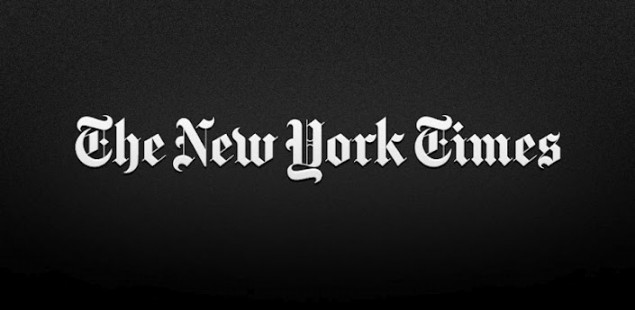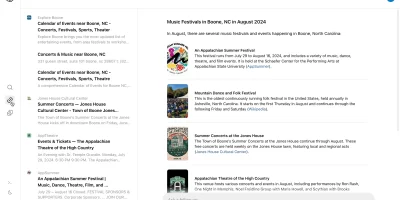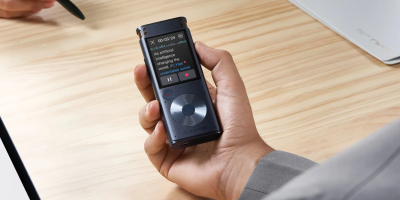In a rather baffling turn of events, OpenAI has submitted a request to dismiss aspects of the lawsuit by the New York Times. In its filing, OpenAI contends that the newspaper engaged in “hacking” ChatGPT, and other AI systems. According to OpenAI, the Times employed deceptive methods, violating OpenAI’s terms of use, to manipulate these AI systems into reproducing copyrighted material.
The crux of OpenAI’s argument for dismissal revolves around the alleged misuse of its technology by the Times. OpenAI claims this was done by an unnamed individual referred to as a “hired gun.” OpenAI claims in the lawsuit that the New York Times’ actions do not align with journalistic integrity and the truth will reveal that the newspaper attempted to sabotage OpenAI’s products.
The New York Times Response
In response to these allegations, the New York Times has denied any wrongdoing. The newspaper’s attorney, Ian Crosby, rejected OpenAI’s claims of hacking. He confirmed that the Times utilized OpenAI’s products to uncover evidence of copyright infringement. The Times maintains that it did not breach any anti-hacking laws in investigating potential copyright violations.

The lawsuit, filed in December, alleges that OpenAI unlawfully utilized millions of articles from the New York Times without proper authorization. The Times contends that these articles were used to train AI chatbots, thereby infringing upon its copyright. This legal dispute underscores the growing tension between traditional media outlets and technology companies over the use of copyrighted material in AI training.
The Lawsuit in Question
At the heart of the matter lies the question of whether the training of AI models using copyrighted material constitutes fair use under copyright law. OpenAI argues that its AI systems make fair use of copyrighted material and suggests that lawsuits like these pose a threat to the burgeoning AI industry, which holds significant economic potential.
As the legal battle unfolds, both parties are expected to present their respective arguments regarding the fair-use question. OpenAI remains confident that it will ultimately prevail in court based on the merits of the fair-use argument. The outcome of this case could have far-reaching implications for the future of AI development and its interaction with copyrighted material.










Comments